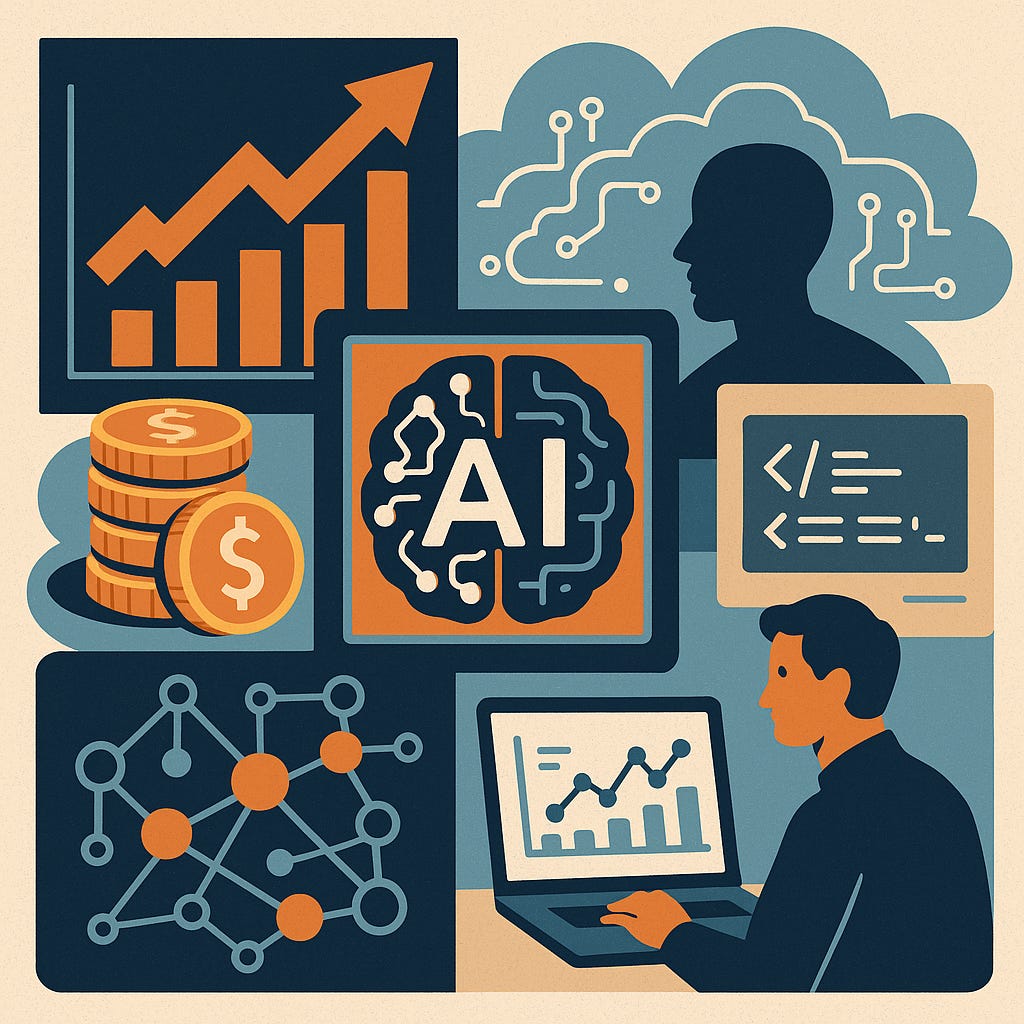OpenAI’s Atlas browser sidesteps NYT and PCMag blocks by steering users to competitors
NeutralArtificial Intelligence

OpenAI's Atlas browser has developed a method to bypass restrictions set by the New York Times and PCMag, allowing it to source information from competing sites. This move highlights a growing trend where publishers' attempts to limit AI access could inadvertently drive readers to alternative sources. As the landscape of digital media evolves, this situation raises important questions about content accessibility and the future of online journalism.
— Curated by the World Pulse Now AI Editorial System







